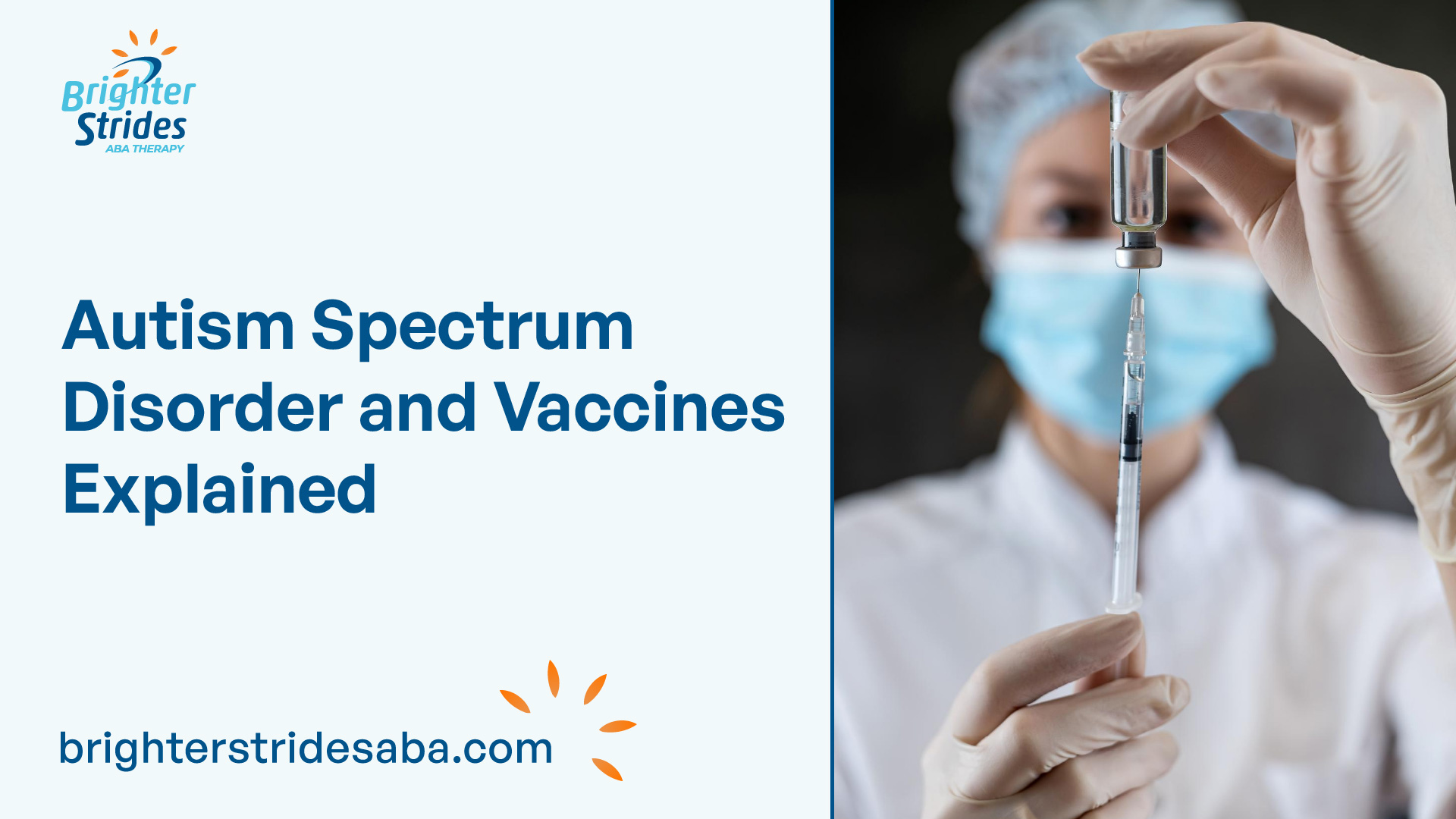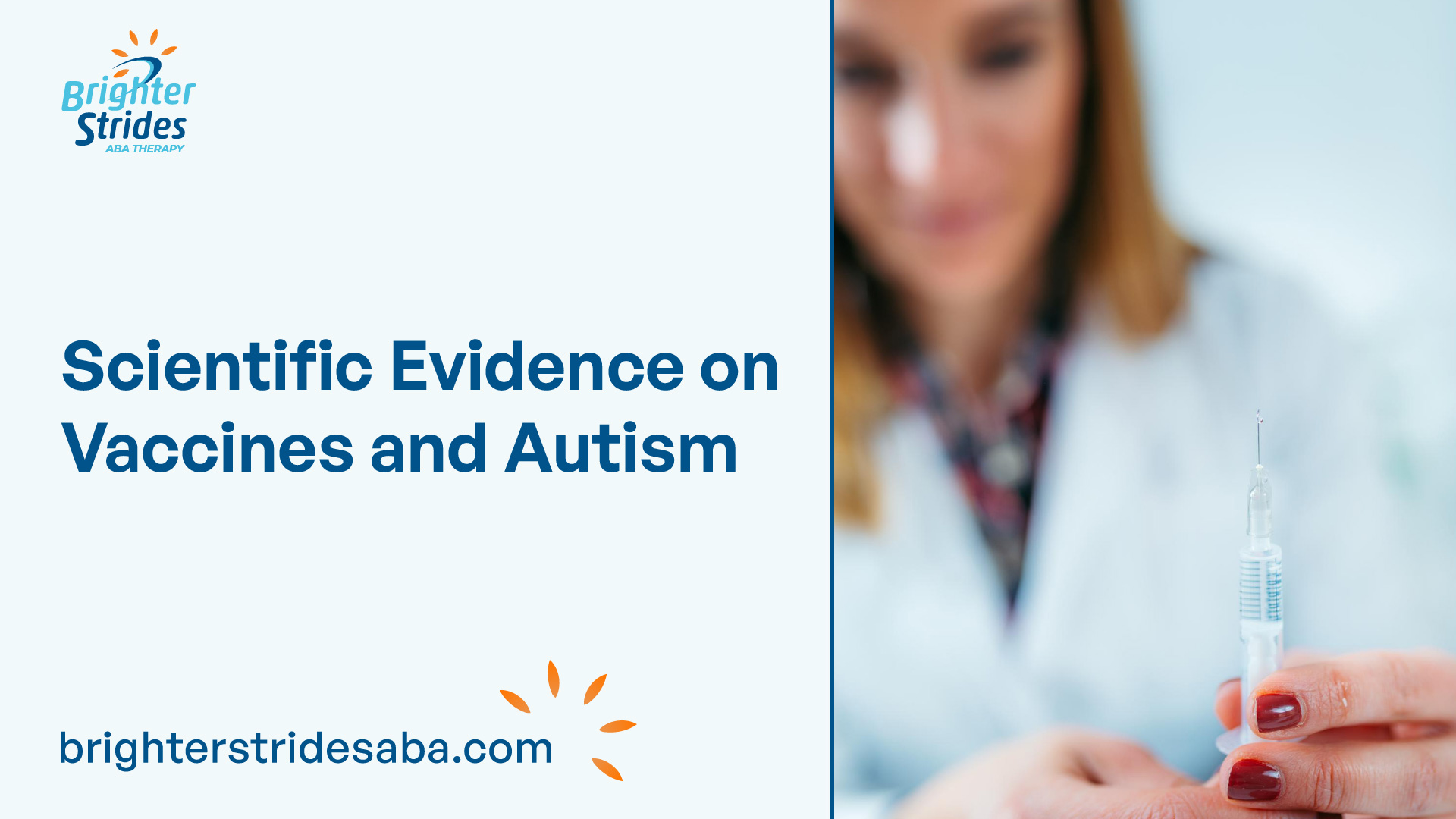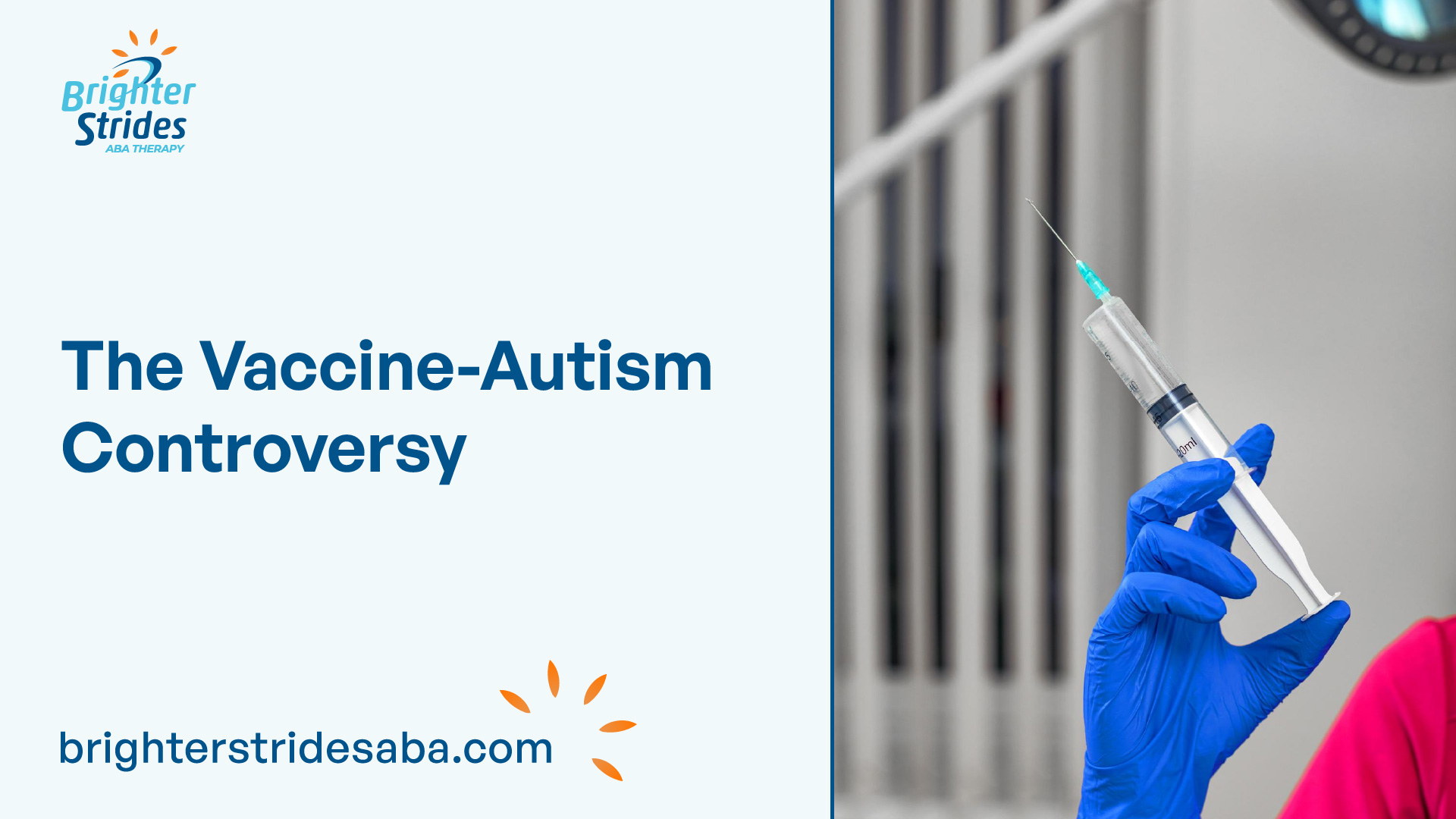
Understanding Autism Spectrum Disorder (ASD)
Autism Spectrum Disorder (ASD) is a developmental condition that typically appears in early childhood and affects individuals throughout their lives. It is characterized by challenges in communication, social interaction, and restricted or repetitive behaviors.
What is Autism Spectrum Disorder?
Autism Spectrum Disorder, often referred to as ASD, encompasses a wide range of neurodevelopmental conditions. It is a complex disorder that affects individuals differently, with varying degrees of severity and a diverse array of symptoms.
ASD is typically diagnosed based on the presence of specific behavioral patterns, such as difficulties in social interaction, communication impairments, and repetitive or restricted behaviors. These symptoms may manifest in different ways and can range from mild to severe.
Prevalence and Characteristics of ASD
The prevalence of ASD has been increasing over the years, but this rise is primarily attributed to improvements in diagnostic practices and increased awareness. According to recent studies, it is estimated that around 1 in 54 children in the United States have been diagnosed with ASD.
Individuals with ASD may exhibit a wide range of characteristics and challenges. These can include:
- Impairments in social communication: Difficulty in understanding and using non-verbal cues, challenges in maintaining eye contact, and limited ability to engage in reciprocal conversations.
- Restricted or repetitive behaviors: Engaging in repetitive movements or behaviors, adherence to strict routines, and intense focus on specific interests or topics.
- Sensory sensitivities: Heightened or reduced sensitivity to sensory input, such as sound, touch, or light, which can impact their daily functioning and overall well-being.
- Cognitive and learning differences: Variations in cognitive abilities, including strengths in certain areas such as pattern recognition, attention to detail, and memory, as well as challenges in others, such as abstract thinking and flexible problem-solving.
It is important to note that the etiology of ASD is multifactorial, involving a combination of genetic, environmental, and prenatal factors. Vaccines are not a known cause of autism. The association between vaccines and autism arose from the timing of autism diagnoses, which typically occurs around the same time as childhood immunizations.
Understanding the characteristics and prevalence of ASD is essential in dispelling myths and misinformation surrounding the association between vaccines and autism. It is crucial to rely on scientific evidence and expert consensus to make informed decisions regarding vaccinations and ensure the well-being of individuals with autism and the wider community.
The Vaccine-Autism Controversy
The association between vaccines and autism has been a subject of controversy for many years. However, it is important to understand the origins of this myth and the scientific evidence that debunks it.
The Origins of the Vaccine-Autism Myth
The vaccine-autism myth can be traced back to a study published in 1998 by Andrew Wakefield, which suggested a potential link between the MMR (measles, mumps, and rubella) vaccine and autism. This study received significant media attention, leading to widespread concern among parents and the general public.
However, it is essential to note that Wakefield’s study has been thoroughly discredited. The research was found to have serious flaws, including ethical violations and conflicts of interest. Subsequent investigations revealed that the data had been manipulated and misrepresented. The study was retracted by the journal that published it, and Wakefield’s medical license was revoked.
Debunking the Vaccine-Autism Myth
Scientific research and expert consensus overwhelmingly debunk the claim that vaccines cause autism. Numerous large-scale studies have been conducted to investigate any potential link between vaccines and autism spectrum disorder (ASD), and the results consistently show no association.
The Centers for Disease Control and Prevention (CDC) states unequivocally that vaccines are not associated with autism. The American Academy of Pediatrics also affirms the safety and effectiveness of vaccines, emphasizing that they save lives and protect children’s health.
The Institute of Medicine and the Advisory Committee on Immunization Practices have conducted extensive reviews of the evidence and concluded that childhood vaccines are safe. These expert bodies provide reassurance that vaccines do not increase the risk of developing autism.
It is important to emphasize that children with ASD are not at a higher risk of infections compared to other children. In fact, skipping vaccinations can leave them vulnerable to preventable diseases. Routine vaccinations are crucial for protecting the health of children with ASD and preventing the spread of vaccine-preventable diseases within communities.
In summary, extensive scientific research and expert consensus confirm that there is no link between vaccines and autism spectrum disorder (ASD). Vaccines are a safe and effective way to prevent serious diseases and protect the health of children. It is essential to rely on evidence-based information and recommendations from reputable health organizations when making decisions about vaccinations.

Scientific Evidence on Vaccines and Autism
The topic of vaccines and autism has been extensively studied, with numerous research studies and expert consensus supporting the safety of vaccines and refuting any link to autism spectrum disorder (ASD).
Research Studies on Vaccines and Autism
Large-scale studies have consistently shown that there is no association between childhood vaccines and the development of autism spectrum disorder. The Centers for Disease Control and Preventionaffirms that vaccines are not associated with autism and that there is no link between receiving vaccines and developing ASD.
These studies have included diverse populations, analyzed extensive data, and involved rigorous methodologies to evaluate any potential connection between vaccines and autism. The overwhelming evidence from these studies overwhelmingly supports the safety of vaccines.
Expert Consensus on Vaccines and Autism
Numerous expert organizations and medical bodies have provided consensus statements on the safety and importance of vaccines. The American Academy of Pediatrics states that vaccines are safe and effective, saving lives and protecting children’s health. The Institute of Medicine and the Advisory Committee on Immunization Practices have conducted extensive reviews of the evidence and have consistently supported the safety of childhood vaccines.
The National Academy of Medicine, in its comprehensive review of research on vaccine safety, confirmed that there is no link between vaccines and autism. These expert bodies rely on scientific evidence and extensive research to provide accurate information regarding vaccines and autism.
The consensus among these experts and organizations is clear: vaccines are a safe and effective way to prevent serious diseases, and there is no link between vaccines and autism spectrum disorder. It is crucial to rely on evidence-based information when making decisions about vaccines, as misinformation can contribute to unnecessary concerns and potential health risks.
By understanding the scientific evidence and expert consensus on vaccines and autism, we can confidently address concerns, promote vaccine safety, and protect the health of individuals and communities. Vaccines play a crucial role in preventing the spread of diseases and safeguarding the well-being of children, including those with autism spectrum disorder.

The Safety and Importance of Vaccines
Vaccines play a crucial role in protecting individuals from various diseases. It is important to address concerns and misconceptions regarding the safety of vaccines, particularly in relation to autism spectrum disorder (ASD). This section will focus on vaccine safety monitoring systems and emphasize the importance of childhood vaccinations.
Vaccine Safety Monitoring Systems
Extensive research and monitoring systems exist to ensure the safety of vaccines. The Centers for Disease Control and Prevention (CDC) conducts ongoing surveillance to monitor vaccine safety. Large studies have consistently shown that there is no link between childhood vaccines and the development of autism spectrum disorder. Reviews from the Institute of Medicine and the Advisory Committee on Immunization Practices have also supported the safety of childhood vaccines.
The Importance of Childhood Vaccinations
Childhood vaccinations are crucial for protecting children’s health and preventing the spread of vaccine-preventable diseases. It is important to emphasize that vaccines are not associated with autism. Children with autism spectrum disorder (ASD) are not at a higher risk of catching infections compared to other children. Therefore, skipping vaccinations would not be beneficial for them.
Routine vaccinations are recommended for children with ASD to protect them from preventable diseases. Delaying or spacing out vaccines is not recommended, as it leaves them at risk for a longer period of time. Vaccines are essential in protecting the health of children with ASD and preventing the spread of vaccine-preventable diseases within communities.
The American Academy of Pediatrics affirms that vaccines are safe and effective, saving lives and protecting children’s health. The National Academy of Medicine conducted a comprehensive review of research on vaccine safety and concluded that there is no link between vaccines and autism.
In summary, vaccines are a safe and effective way to prevent serious diseases, and they do not cause autism. It is crucial for children, including those with ASD, to receive routine vaccinations to protect their health and prevent the spread of infectious diseases. Vaccines play a vital role in maintaining the well-being of individuals and communities.
Addressing Misinformation and Promoting Evidence-Based Practices
In the context of autism, misinformation can have serious consequences, with autism being a “fad magnet” due to the proliferation of unproven and potentially harmful treatments. Correcting misinformation can be complex and challenging, as people often persist in using corrected misinformation in their reasoning, a phenomenon known as the continued influence effect. Therefore, it is crucial to develop effective strategies to combat autism misinformation.
The Impact of Misinformation on Autism
Misinformation related to autism interventions is prevalent and can lead to direct harm or missed opportunities for effective treatments. Despite scientific evidence refuting these treatments, they continue to be used, highlighting the challenge of bridging the gap between research and practice in the field of autism. Simple retractions and authoritative corrections have shown limited impact in dispelling misinformation, necessitating the development and testing of more effective strategies.
To enhance the effectiveness of corrections, it is crucial not only to communicate that information is false but also to provide detailed explanations for why it is false and how the misinformation originated. Detailed refutations have been shown to be more effective than simple retractions or the provision of factual information alone. In the context of autism misinformation, debunking strategies should focus on dissecting incorrect arguments, presenting evidence-based facts clearly, and offering alternative information to fill the gaps created by the correction. Additionally, corrections should be conveyed in simple language, with an empathetic and non-confrontational tone to promote understanding and acceptance.
Strategies to Combat Autism Misinformation
Optimized debunking strategies have been developed and tested to combat misinformation about autism interventions [5]. These strategies aim to educate professionals about the lack of empirical evidence for common yet ineffective autism treatments, thereby preventing the dissemination and promotion of such treatments. The key elements of optimized debunking include providing detailed refutations, presenting evidence-based facts clearly, and offering alternative information to fill the knowledge gap created by the correction.
Strategies to combat autism misinformation should target influential professionals, particularly those involved in early intervention, who play a crucial role in translating research into practice. By providing them with accurate and evidence-based information, it is possible to prevent the perpetuation of misinformation and promote evidence-based practices.
While optimized debunking strategies have shown immediate benefits in decreasing support for non-evidence-based treatments, the effects may not be sustained over time. Further research is needed to develop strategies that achieve lasting changes in beliefs and practices.
By addressing misinformation and promoting evidence-based practices, it is possible to ensure that individuals with autism receive appropriate and effective interventions. It is imperative to continue developing and refining strategies to combat autism misinformation and bridge the gap between research and practice in the field of autism.




